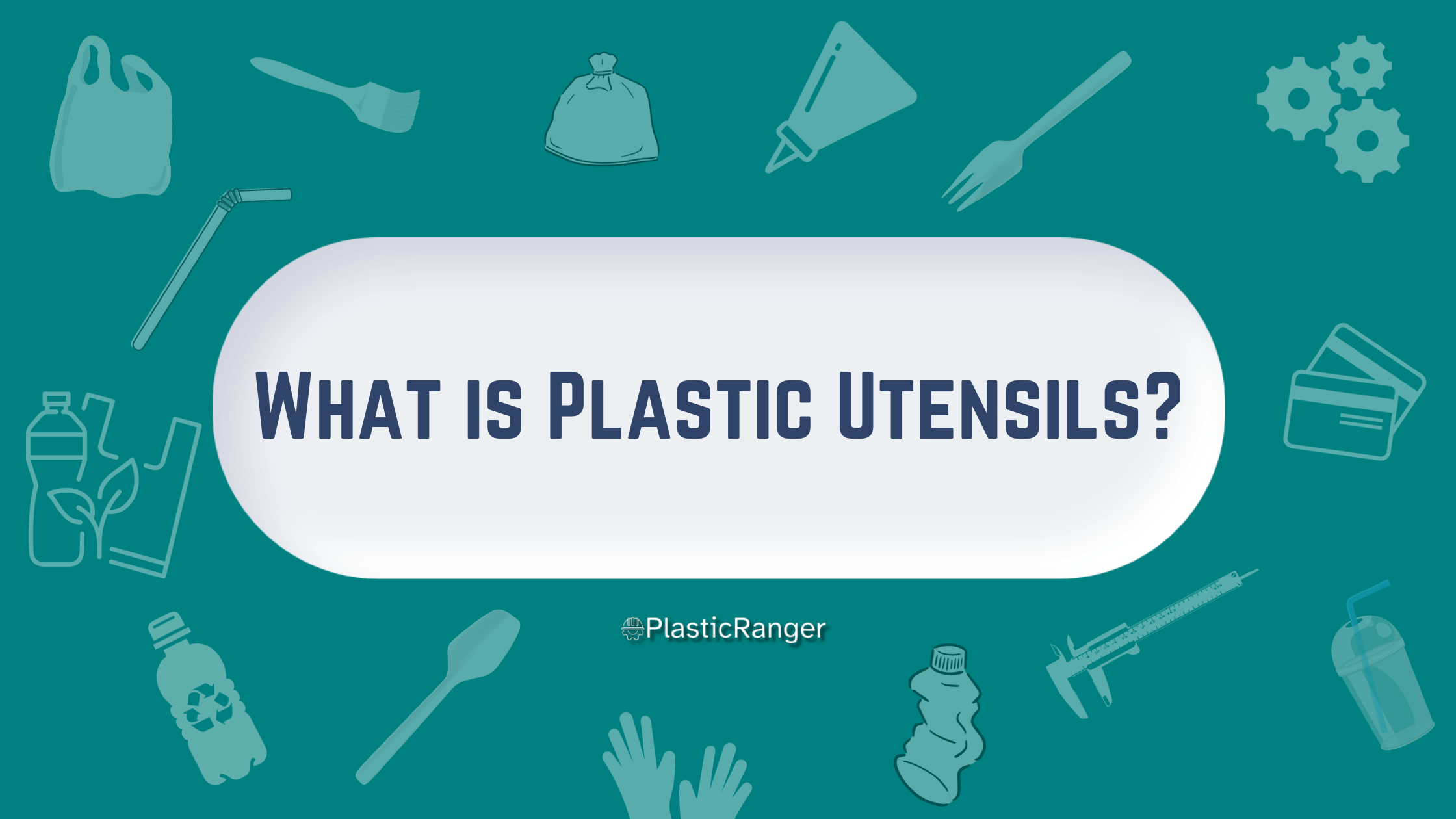Unwrapping the Ubiquity of Plastic Utensils
An Overview In modern society, the convenience and ubiquity of plastic utensils have made them a staple in many dining and takeaway establishments. This proliferation can be attributed to many factors, including affordability, ease of production, and lightweight characteristics. But what exactly are plastic utensils, and what implications do they have for our environment and health?
In this article, we delve into plastic utensils, exploring their composition, benefits, and the growing concerns surrounding their usage.
Definition and Composition
Plastic utensils are cutlery items such as forks, spoons, and knives made from various plastic materials. Initially designed to offer a convenient and lightweight alternative to traditional metal or wooden utensils, plastic utensils have found their way into multiple spheres of our daily lives.
These utensils are primarily made from polymers such as polystyrene, polypropylene, or PET, synthesized from fossil fuel derivatives.
Historical Perspective
The rise of plastic utensils can be traced back to the post-World War II era, coinciding with the mass production of plastic products. Their advent marked a shift in the dining culture, facilitating the rise of fast-food chains and takeaway services.
The “throwaway” culture was further propagated with the invention of the spork, a hybrid between a spoon and a fork, in the 1970s, offering a novel and versatile option for on-the-go meals.
Benefits of Plastic Utensils
Plastics possess many properties, giving them many advantages over metal and steel.
Convenience: Plastic utensils are disposable, eliminating the need for washing and saving time and water resources.
Cost-Effective: Being mass-produced, plastic utensils are often cheaper than their metal or wooden counterparts.
Lightweight and Portable: Plastic utensils are lightweight, making them convenient for packaging and transportation, potentially reducing carbon footprint in transportation compared to heavier alternatives.
Hygiene: In scenarios where proper cleaning facilities are lacking, using plastic utensils can prevent the spread of diseases as they are intended for single use.
Alternatives and Sustainable Practices
In light of the growing concerns surrounding plastic utensils, there has been a surge in the development of eco-friendly alternatives like PLA plastic. These include utensils made from bamboo, wood or even biodegradable plastics derived from plant materials.
Other strategies to curb plastic utensils ‘ environmental impact are implementing recycling programs and encouraging consumers to opt for reusable utensils.
Furthermore, many jurisdictions impose bans or restrictions on single-use plastics, including utensils, to encourage a shift towards more sustainable practices.
Awareness campaigns and educational initiatives are also vital in promoting a reduction in plastic utensil usage.
Conclusion
Plastic utensils once hailed as a marvel of convenience and modern dining, are now subject to growing scrutiny due to their environmental and potential health impacts. As society grapples with the repercussions of plastic pollution, the focus has shifted towards developing sustainable alternatives and promoting responsible consumption habits.
Understanding the full scope of the implications of plastic utensils necessitates a balanced view, acknowledging the convenience and cost-effectiveness they offer while also considering the pressing environmental and health issues associated with their widespread use.
In a world striving to harmonize progress with sustainability, we must make informed choices, potentially steering away from plastic utensils to embrace more eco-friendly alternatives.
Through collective efforts, it is hoped that we can mitigate the adverse effects of plastic utensils, paving the way for a greener, healthier future.
Quick Navigation

